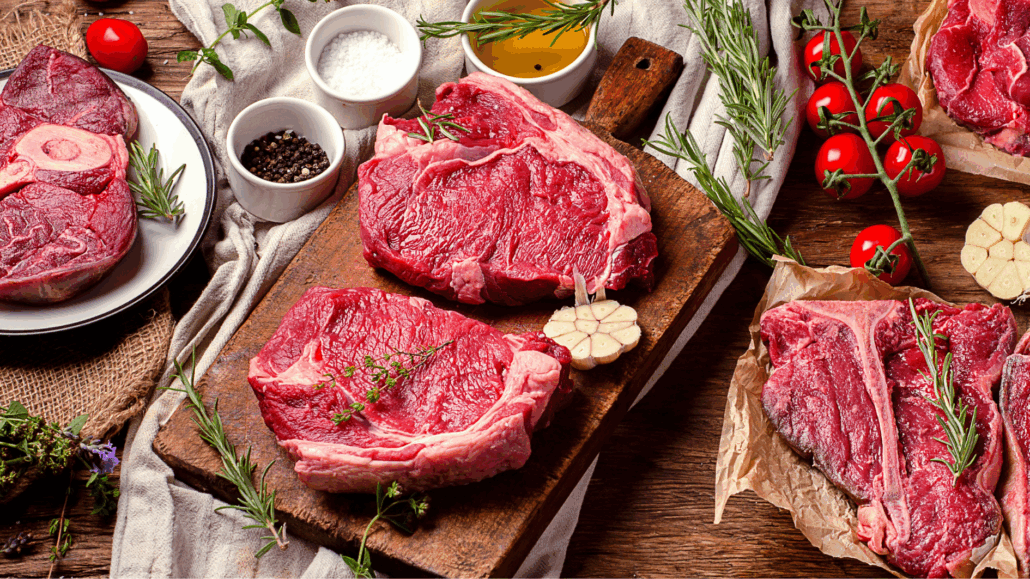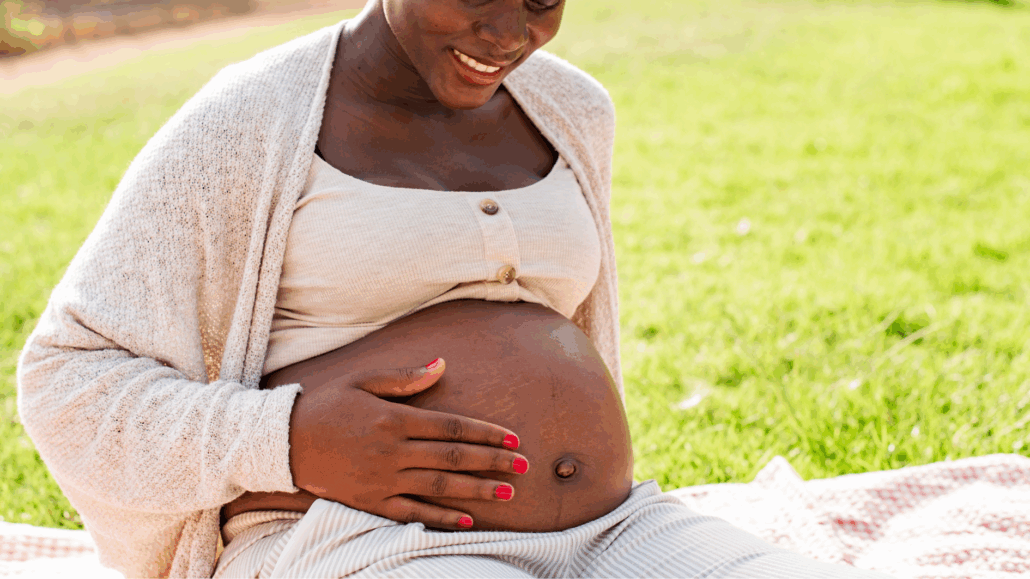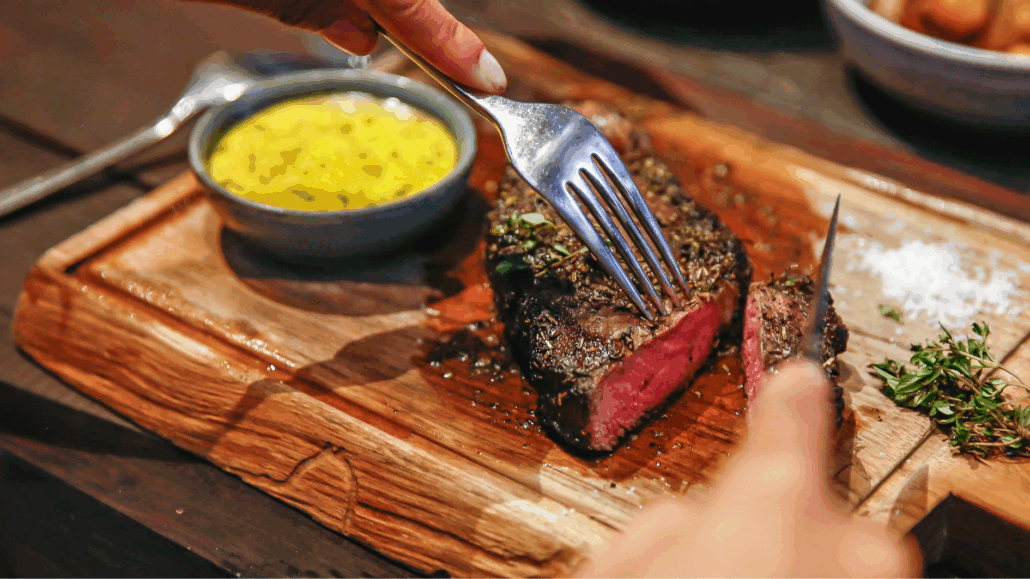We include products in articles we think are useful for our readers. If you buy products or services through links on our website, we may earn a small commission.
How Red Meat Supports Iron and B12 Levels for Women Trying to Conceive

Table of Contents
When it comes to fertility, nutrition plays a foundational role. Hormonal balance, ovulation, egg quality, and even early pregnancy depend on a steady supply of key micronutrients. Among the most important for women trying to conceive are iron and Vitamin B12, two nutrients that are most effectively sourced from red meat.
In a world where plant-forward eating is often encouraged, the fertility-supporting power of high-quality animal foods is sometimes overlooked. But for women looking to optimize their health and improve the chances of conception, red meat may be one of the most valuable additions to the plate.
Why Iron and B12 Matter for Fertility
Iron: Fueling Ovulation and Oxygen Flow
Iron is essential for energy production, oxygen transport, and the development of healthy red blood cells. During the reproductive years, many women are at risk of iron deficiency due to menstruation, low intake of heme iron, or underlying inflammation.
Low iron levels can impair ovulation, disrupt thyroid function, and increase the risk of anovulatory cycles. In the early stages of pregnancy, iron needs increase even further to support placenta formation and fetal development.
Vitamin B12: Building Hormones and DNA
Vitamin B12 plays a critical role in nervous system health, red blood cell production, and DNA synthesis. It is also essential for the methylation cycle, a biochemical process that influences everything from hormone regulation to egg quality.
Deficiency in B12 has been linked to irregular cycles, implantation issues, and increased risk of miscarriage. Unlike other nutrients, B12 is only found naturally in animal-based foods, making it difficult to obtain on a plant-based lifestyle without supplementation.
Why Red Meat is the Superior Source
Heme Iron is More Absorbable
Red meat provides heme iron, the form of iron most readily absorbed by the body. In contrast, non-heme iron from plant sources is less bioavailable and more affected by inhibitors like phytates and oxalates. Even if a plant contains iron on paper, only a small portion is actually absorbed.
The body absorbs heme iron at a rate of approximately 15 to 35 percent, while non-heme iron is absorbed at around 2 to 10 percent. That means eating a 6-ounce portion of beef or lamb can make a significant impact on daily iron levels.
B12 from Meat is Ready to Use
Vitamin B12 from red meat is already in its active form, requiring no conversion. Plant-based “B12” is often found in fortified products or algae and may not be well utilized by the body.
Because B12 deficiency can take time to develop, many women are unaware they are running low until they begin trying to conceive. Fatigue, brain fog, anxiety, and short cycles are common warning signs. Adding high-quality red meat can help replenish stores naturally and efficiently.
The Fertility Advantage of Nutrient-Dense Meats
Red meat is not just rich in iron and B12. It also contains other fertility-supporting nutrients such as:
- Zinc for hormone balance and egg development
- Choline for brain development and methylation
- Saturated fat for hormone production
- Carnitine for cellular energy and mitochondrial health
When consumed nose-to-tail, red meat and organ meats like liver become some of the most nutrient-dense foods available, offering broad-spectrum support for women trying to conceive.
How Much Is Enough?
For most women, incorporating 3 to 6 ounces of red meat a few times per week can make a noticeable difference in iron and B12 levels. For those recovering from long-term vegetarian or vegan eating, or dealing with a history of anemia or hormonal imbalance, more frequent intake or targeted support with organ meats may be beneficial.
Quality matters. Look for grass-fed and pasture-raised sources when possible to avoid unnecessary additives and boost nutrient density.
Final Thoughts: Red Meat as Foundational Fertility Fuel
Fertility is not just about cycle tracking. It begins with the raw materials the body needs to build hormones, mature eggs, and sustain early pregnancy. Red meat offers some of the most bioavailable forms of iron and B12, both of which are absolutely critical for conception and beyond.
For women preparing their bodies for pregnancy, red meat is not something to avoid. It may be exactly what has been missing from the fertility conversation, and if you’re finding yourself unable to consume enough of the red meat your body desires, consider if animal-based nutritional supplements are the easy answer you’re looking for.















